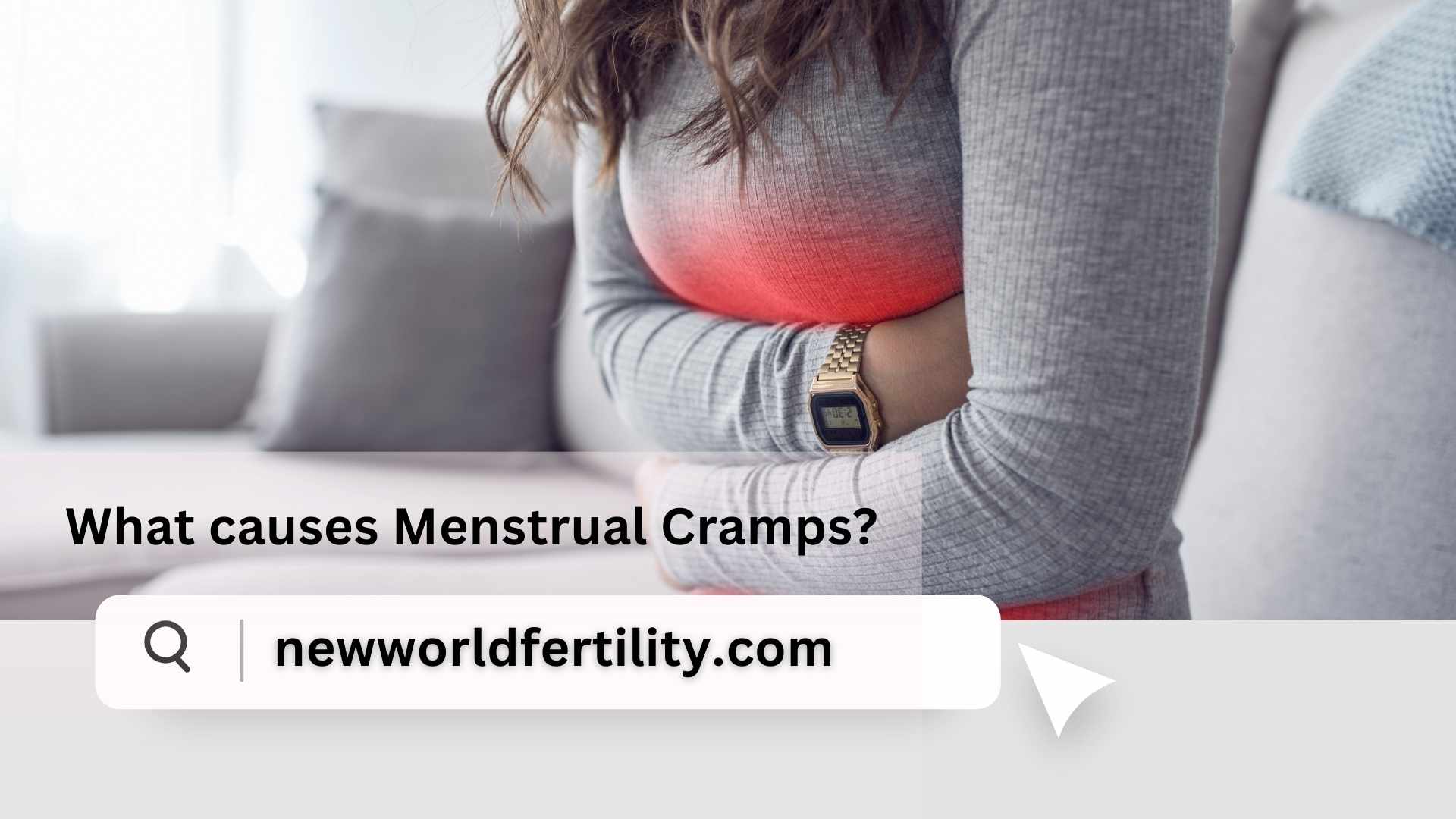What causes Menstrual Cramps?
Menstrual cramps, also known as dysmenorrhea, are a common experience for many women. They are characterized by abdominal pain or cramping that occurs during or before menstruation. While they can be uncomfortable or even painful, understanding the underlying causes can help manage and alleviate symptoms.
The Science Behind Menstrual Cramps
Menstrual cramps are primarily caused by the release of prostaglandins, hormone-like substances that contract the uterine muscles. This contraction helps to shed the uterine lining, which is then expelled as a menstrual flow. However, when prostaglandin levels are excessively high, they can cause intense cramping and pain.
Common Causes of Menstrual Cramps
Endometriosis: This condition occurs when uterine tissue grows outside of the uterus. This extra tissue can cause inflammation and pain during menstruation.
Uterine Fibroids: Non-cancerous growths in the uterus can also contribute to menstrual cramps.
Pelvic Inflammatory Disease (PID): A bacterial infection of the reproductive organs can lead to inflammation and pain.
Adenomyosis: A condition where the uterine lining grows into the muscle wall of the uterus can cause cramps.
Stress: High levels of stress can exacerbate menstrual cramps.
Diet: Certain foods, such as processed meats, caffeine, and alcohol, may trigger or worsen cramps.
Lack of Exercise: Regular physical activity can help alleviate menstrual cramps.
Hormonal Imbalances: Conditions like polycystic ovary syndrome (PCOS) or thyroid disorders can affect hormone levels and contribute to cramps.
Medications: Certain medications, including birth control pills and nonsteroidal anti-inflammatory drugs (NSAIDs), can help manage menstrual cramps.
Age: Younger women are more likely to experience severe menstrual cramps, which often improve with age.
Managing Menstrual Cramps
While there is no cure for menstrual cramps, there are several strategies to manage and alleviate symptoms:
Over-the-Counter Pain Relief: NSAIDs like ibuprofen or naproxen can help reduce pain and inflammation.
Heat Therapy: Applying heat to your abdomen can help relax muscles and relieve pain.
Lifestyle Changes: Regular exercise, a healthy diet, and stress management techniques can help reduce the severity of cramps.
Hormonal Therapy: In severe cases, hormonal contraceptives or other medications may be prescribed to regulate hormone levels and reduce cramps.
Medical Consultation: If your menstrual cramps are particularly severe, persistent, or accompanied by other symptoms, it's important to consult with a healthcare professional to rule out underlying conditions.
New World Fertility Centre: Your Partner in Women's Health
At New World Fertility Centre in Delhi, our team of experienced gynecologists is dedicated to providing comprehensive care for women's reproductive health. If you're struggling with persistent or severe menstrual cramps, we can help you identify the underlying cause and develop a personalized treatment plan.
By understanding the causes and effective management strategies for menstrual cramps, you can improve your quality of life and reduce the impact of this common condition.
Frequently Asked Questions(FAQs)
1: Can menstrual cramps affect fertility?
While severe menstrual cramps can be uncomfortable, they generally don't affect fertility. However, if you have underlying conditions like endometriosis or pelvic inflammatory disease, they can impact fertility.
2: Are there any long-term complications associated with menstrual cramps?
While menstrual cramps can be bothersome, they typically don't lead to long-term complications. However, if you have persistent or severe cramps, it's important to address any underlying causes to prevent potential issues.
3: Are there any home remedies for menstrual cramps?
Yes, there are several home remedies that can help alleviate menstrual cramps, including:
- Applying heat to your abdomen
- Over-the-counter pain relievers like ibuprofen or naproxen
- Engaging in gentle exercise
- Practicing stress management techniques
- Avoiding certain foods, such as caffeine, alcohol, and processed meats
4: When should I see a doctor about menstrual cramps?
If your menstrual cramps are particularly severe, persistent, or accompanied by other symptoms like heavy bleeding, abnormal discharge, or pelvic pain, it's advisable to consult with a healthcare professional.
5: Can I prevent menstrual cramps?
While it's not always possible to prevent menstrual cramps entirely, lifestyle changes like regular exercise, a healthy diet, and stress management can help reduce their severity.

 Sep-12-2025
Sep-12-2025